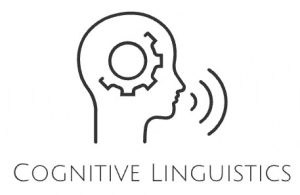Linguistics and English Language at Lancaster University is one of the largest and most diverse centres for cognitive linguistics research in the UK. Our research addresses a broad range of topics in cognitive linguistics, from metaphor and figurativity to constructions.
Much of our research takes an applied form investigating the language-cognition interface in contexts ranging from language acquisition and linguistic typology to language change and intercultural pragmatics. Researchers in the Discourse and Text Research Group investigate the forms and functions of metaphor and other aspects of meaning construction across a range of fields and genres, including literature, health communication, business communication, science communication, political communication and advertising.
Research Methods
Our research in cognitive linguistics makes use of a broad range of methods, often in combination. This includes introspection and qualitative approaches to data analysis. However, we are also committed to empirical methods in cognitive linguistics. Our research makes use of corpus linguistic tools to investigate attested patterns of language usage. We also conduct experimental research that makes use of psycholinguistic methods including eye-tracking, reaction-time measurements and electroencephalography (EEG), as well as offline judgement and perception tasks.
Media and Impact
We are committed to sharing our research with the public and other stakeholders. Our research regularly features in the media. Our researchers have written articles for The Conversation, given TED talks, and featured in television and radio programmes about language. We are frequently interviewed in media contexts when a linguistic issue becomes a news item. We are also committed to working with non-academic partners to ensure our research has real-world relevance. Our researchers have worked with various organisations in the public and third sectors, including the National Health Service, charities and campaign groups.
Environment
We have hosted major events relating to cognitive linguistics research, including the 5th UK Cognitive Linguistics Conference. Our research group is made up of faculty, PhD students and visiting researchers (see People). We run a seminar series and hold an annual lecture.
